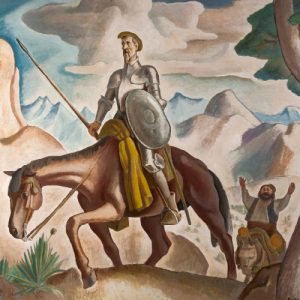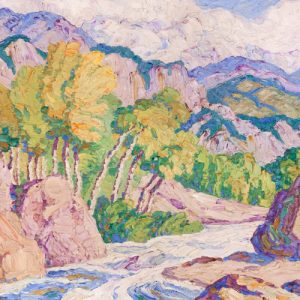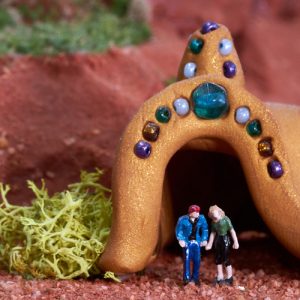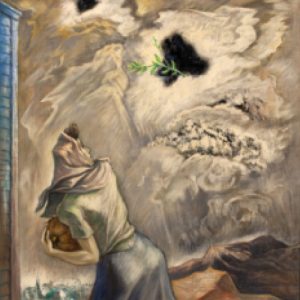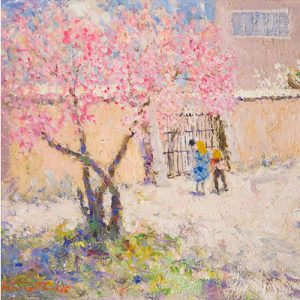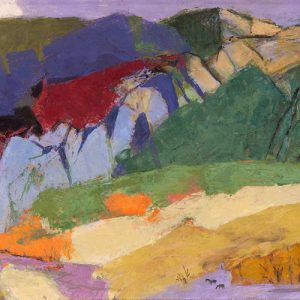Educator resources
We want to be a resource for you as an educator and encourage onsite and off site learning about the arts. Our education team is always working to develop, implement and research new and adventurous approaches to teaching and learning. Below are some of those opportunities. If you have questions for us that are not answered here, please reach out to our education department at fac@coloradocollege.edu.
With the Arts We Thrive
In an effort to maximize learning opportunities and incite a lifelong love and appreciation for the arts with area youth, the Fine Arts Center is proud to offer the Passport to the Arts program to fourth grade students and their families.
Digital Resources for K–12 Teachers & Parents
Lesson Plans
Enhance your students’ field trip experience with our comprehensive 2-week lesson plans, meticulously crafted by experienced educators. These standards-based lessons and resources are designed to seamlessly integrate with your visit to the Fine Arts Center, providing a rich, immersive learning experience.
Key Features:
- Expertly written: Developed by seasoned teachers to ensure high-quality, engaging content.
- Standards-based: Aligns with educational standards to support your curriculum goals.
- Field trip integration: Tailored to complement and enhance the educational value of your visit.
- Comprehensive resources: Includes a lesson plan, daily assignments, slideshows, assessments, and rubrics.
Bring the arts to life for your students with our thoughtfully designed lesson plans, making your visit to the Fine Arts Center an unforgettable educational adventure.
High School ELA: Indigenous Literature and Art
High School Social Studies: Migration to Southwest Colorado
From the Theatre
Student Matinees
The award-winning and critically-acclaimed Fine Arts Center Theatre Company produces an annual season of musicals, comedies, and dramas. Bring classes and groups to our student matinees for an enriching experience to last a lifetime. The variety of theatre experiences will leave your students wanting more and wishing to come back!
Study Guides
Whether you’re preparing your class for one of our student matinees or are looking to facilitate a deeper reflection afterward, our study guides are a great way to deepen your students’ theatergoing experience.
From the Museum
These engaging exercises are designed for K–12 teachers and parents with students at home. Students may work independently, in pairs, or alongside a teacher or parent.
The arts are a valuable tool for building crucial critical thinking skills that may be applied to any subject. All curriculum design is guided by current Colorado state and common core standards.*
If you use any of these resources and would like to provide feedback on your experience, please contact fac@coloradocollege.edu.
Observe, Interpret, Analyze
Spend time with an artwork of your choice, discovering how much you can find and understand the longer you look.
Explore a Virtual Utopia
Take a virtual tour of Becky Wareing Steele’s Utopia: A New Society for All
Poetry in Art: “I Am” Poems
Consider the perspective of a character from a work of art in the FAC eMuseum. Worksheets available in Spanish.
See, Think, Wonder
This exercise provides a framework for observing, describing, reasoning, questioning, and investigating. Worksheets available in Spanish.
Shifting Perspectives
Help your students consider new perspectives using evidence.
*Depending upon the exercise, common core standards include:
Determine central ideas or themes of a text and analyze their development; summarize the key supporting details and ideas. (Observing and Describing)
Read closely to determine what a text says explicitly and to make logical inferences from it; cite specific textual evidence when writing or speaking to support conclusions drawn from the text. Integrate and evaluate content presented in diverse media and formats, including visually and quantitatively, as well as in words. (Reasoning)
Assess how point of view or purpose shapes the content and style of a text. Write narratives to develop real or imagined experiences or events using effective technique, well-chosen details, and well-structured event sequences. (Exploring Viewpoints)
Ask and answer questions of a text, referring to details and examples, explaining explicitly and drawing inferences. (Questioning and Investigating)
Make connections between text of a story and visual presentation of the text; Analyze how visual elements contribute to the mood, meaning, tone, or beauty of the text. (Comparing and Connecting)
Analyze how and why individuals, events, and ideas develop and interact over the course of a text. (Finding Complexity – Parts and Purposes)
Antiracism Resources
Open Source Scripts Toward an Antiracist Tomorrow
Five short plays for multi-generational audiences ages 6+ to spark conversation about race in America.
Educator Articles
Teaching Critical Thinking through Art with the National Gallery of Art
This five-part, self-paced online course will help you create a culture of critical thinking and collaboration for any subject, or level. No art background needed to successfully integrate the “Artful Thinking” course materials into your teaching.
Why Field Trips And Arts Education Aren’t Just Frills
Evidence that arts field trips can have significant benefits, especially for disadvantaged students.
10 Lessons the Arts Teach Poster
Use this in your classroom or send it in a newsletter!
How School Leaders Can Inspire Daily Creativity
Innovative ideas, methods and practices can shape and inspire the world in which we live.
What School Leaders Can Do to Increase Arts Education
Find three concrete actions school leaders can take to increase the arts in education, each supported by low- or no-cost strategies.
Native Knowledge 360°
Native Knowledge 360° (NK360°) provides educational materials and teacher training that incorporate Native narratives, more comprehensive histories, and accurate information to inform teaching and learning.
Inside a New Effort to Change What Schools Teach About Native American History
A curriculum from the American Indian Museum brings greater depth and understanding to the long-misinterpreted history of indigenous culture.
Expanding Creative Horizons
Professional Development
As part of the Kennedy Center Partners in Education, the FAC partners with school district 11, UCCS Presents and school district 20 to provide classes in Arts Integration. Also, the Fine Arts Center’s Bemis Art School offers certificates of completion for art classes. Often these hours qualify for professional development hours that must be maintained as a teacher.
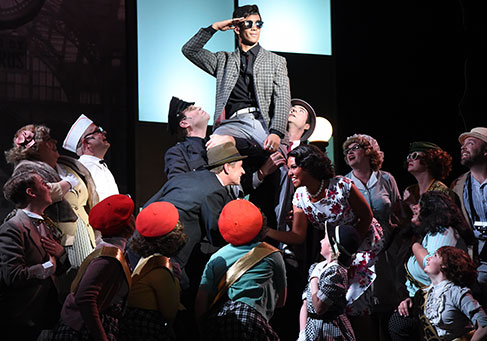
Student Matinée Programs
The award-winning and critically-acclaimed Fine Arts Center Theatre Company produces an annual season of musicals, comedies and dramas. Bring classes and groups to our student matinées for an enriching experience to last a lifetime. The variety of theatre experiences will leave your students wanting more!
Stay Connected
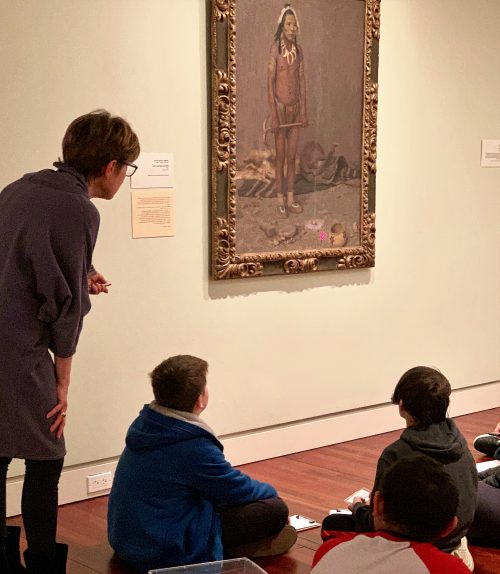
Sign up for our educator newsletter
Image above: Doug Hyde, Hopi Basket Dancers, 1985 (detail)



